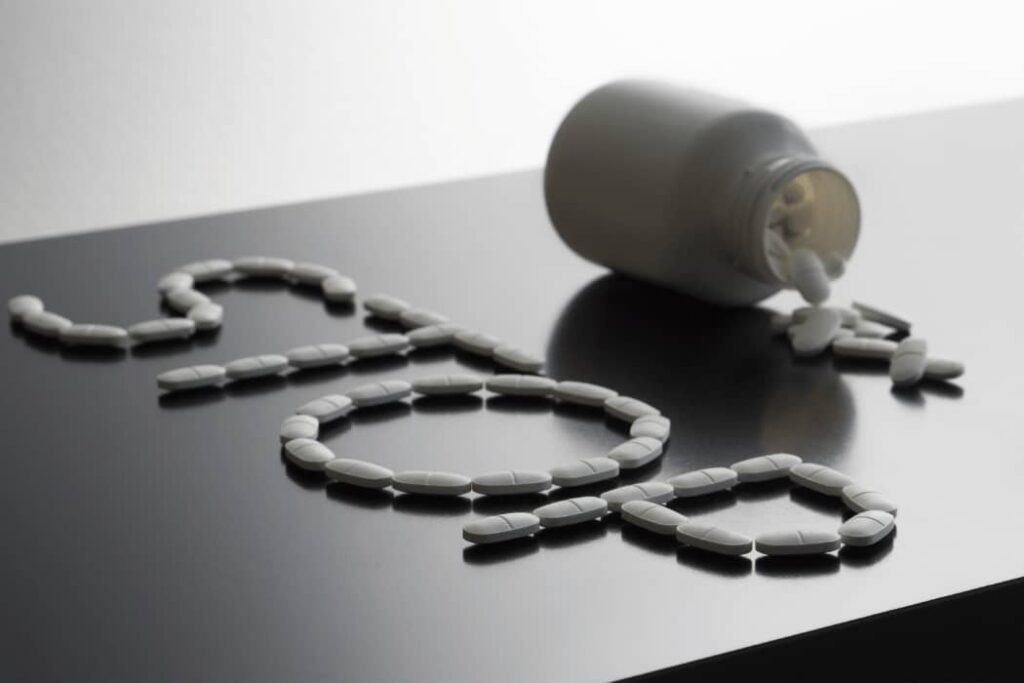Drug addiction is a complex issue that affects millions of people worldwide. It not only impacts the individual struggling with addiction but also their loved ones. The journey to recovery from drug addiction can be challenging, but with the right support and resources, it is possible. In this article, we will explore the essential components of drug rehab and how they can help individuals navigate the path to recovery.

Understanding Drug Addiction
Before delving into drug rehab essentials, it’s crucial to understand what drug addiction is. Drug addiction is a chronic, relapsing disorder characterized by compulsive drug seeking, continued use despite harmful consequences, and long-lasting changes in the brain. It is considered a complex brain disorder because it affects multiple brain circuits, including those involved in reward and motivation, learning and memory, and inhibitory control over behavior.
The Importance of Drug Rehab
Drug rehab, also known as drug rehabilitation, is a treatment process designed to help individuals overcome drug addiction and lead a drug-free life. It typically involves a combination of medical, psychological, and behavioral therapies to address the physical, emotional, and social aspects of addiction. Drug rehab is essential because it provides individuals with the tools and support they need to recover from addiction and rebuild their lives.
The Components of Drug Rehab
Drug rehab programs vary in their approach and intensity, but most include the following essential components:
Assessment and Evaluation
The first step in drug rehab is typically a thorough assessment and evaluation by a team of healthcare professionals. This helps determine the severity of the addiction, the presence of any co-occurring disorders, and the appropriate course of treatment.
Detoxification
Detoxification, or detox, is the process of removing drugs and toxins from the body. It is often the first step in drug rehab and can be challenging due to withdrawal symptoms. Medical supervision is essential during detox to ensure the safety and comfort of the individual.
Counseling
Counseling is a fundamental component of drug rehab and can take many forms, including individual therapy, group therapy, and family therapy. Counseling helps individuals address the underlying issues contributing to their addiction and develop coping strategies for staying drug-free.
Medication-Assisted Treatment (MAT)
MAT involves the use of medications, such as methadone, buprenorphine, or naltrexone, to help reduce cravings and withdrawal symptoms and support recovery. MAT is often used in conjunction with counseling and behavioral therapies.
Behavioral Therapies
Behavioral therapies, such as cognitive-behavioral therapy (CBT) and contingency management, are essential components of drug rehab. These therapies help individuals change their attitudes and behaviors related to drug use and develop healthier habits and coping strategies.
Aftercare Planning
Aftercare planning is a crucial component of drug rehab that helps individuals transition from rehab back to their everyday lives. It typically involves ongoing support, such as counseling, support groups, and sober living arrangements, to help prevent relapse.
Conclusion
Recovering from drug addiction is a challenging but achievable goal with the right support and resources. Drug rehab provides individuals with the tools and support they need to overcome addiction and lead a fulfilling, drug-free life. By understanding the essential components of drug rehab and how they can help, individuals can navigate the path to recovery with confidence and hope.



